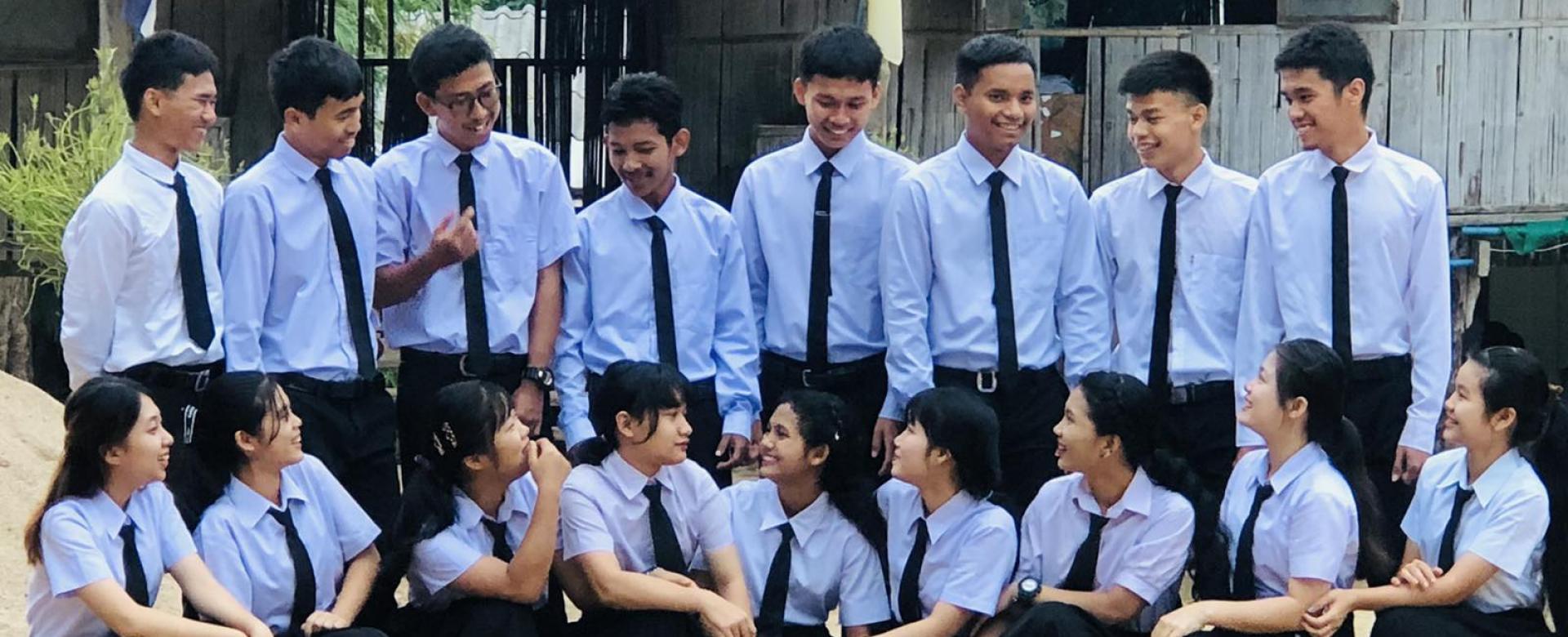
The term "International Education Program" we employ here denotes a curriculum in which we provide our students with instruction in the General Educational Development (GED) program along with English language skills.
Our English language teaching initiative for older students was initiated in 2007 with a clear purpose in mind. We recognized that English is a global lingua franca, and it became evident that the pathway to higher education at the international level would necessitate proficiency in this language. Today, many of our former students have entered the workforce, with some dedicating their efforts to non-governmental organizations (NGOs). For those aspiring to attend international universities, we actively support their scholarship applications, with the primary task being to compose recommendation letters on their behalf.
Throughout the school years spanning from 2003 to 2022, our institution consistently made progress, ultimately facilitating the admission of approximately 20 students to international universities. The period from 2020 until mid-2021 presented unique challenges due to the Covid-19 outbreak, which compelled the temporary closure of the school. Nevertheless, during this time, we successfully trained 47 students who were preparing for the GED program. All of these students successfully passed their demanding examinations, earning their GED diplomas. It's noteworthy that nearly all of these 47 students are the children of migrant workers residing along the Thai-Myanmar border, with some of them having lived in our boarding house since a very young age, including orphans.
The political upheaval in Myanmar in 2021, stemming from the military coup, prompted an influx of students, both local and those who had recently fled Myanmar, into our GED and Pre-GED programs. Consequently, our GED and pre-GED classes currently accommodate over 200 students. Remarkably, our recent GED graduates have taken on teaching roles, assisting in the instruction of these new students.
Furthermore, some of our alumni are now pursuing higher education at institutions in Bangkok and Mae Sot. Despite our inability to secure native English-speaking teachers for English language instruction, we have been fortunate to have experienced Burmese teachers who have proven adept at effectively imparting English language skills to our students. This approach has proven to be highly effective in facilitating our students' English language learning journey.
